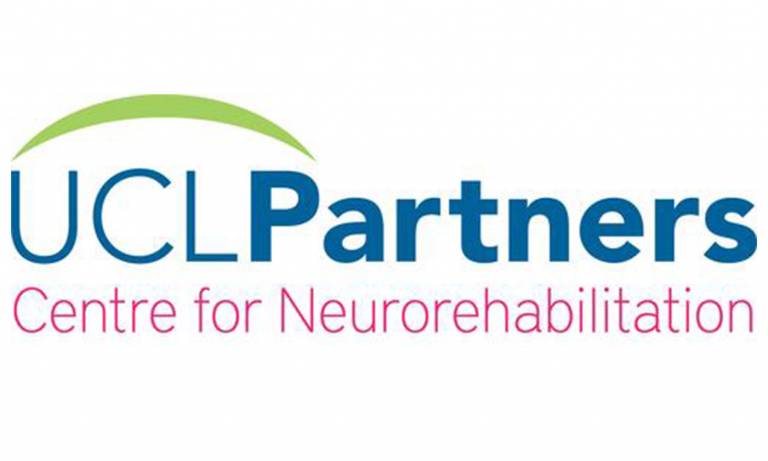Cancelled: UCLP Centre for Neurorehabilitation seminar: Professor Maggie-Lee Huckabee
13 April 2023, 5:30 pm–7:00 pm

Unfortunately this event has been cancelled due to unforeseen circumstances, and it is hoped to be re-arranged for sometime later in the year.
Event Information
Open to
- All
Availability
- Yes
Cost
- £0.00
Organiser
-
UCLP Centre for Neurorehabilitation
Location
-
Lecture Theatre378: Institute of Neurology, 33 Queen Square33 Queen SquareLondonWC1N 3BGUnited Kingdom
Seminar topic:In our early days of understanding swallowing neural control, we presumed this task to be a brainstem generated reflex, with little cortical contribution. In keeping with this thinking, the majority of our behavioural rehabilitation approaches have focused on increasing muscle strength - with the presumption that if we could not adapt the 'reflex', we may well be able to strengthen the muscles that execute the response. These approaches may well be very appropriate in many cases. But what if the patient is not weak? As we make advances in our understanding of cortical neural modulation of deglutition, we are more often viewing ingestive swallowing as a 'response' rather than reflex, representing an overlearned but adaptable motor behaviour. Although there continue to be many outstanding questions to a clear understanding of deglutitive neuromotor control, this shift in thinking opens a conceptual door for a variety of innovative options for rehabilitation. Recent research across a number of laboratories has focused attention on the refinement of swallowing 'skill'. Skill-based training focuses not on underlying strength (and indeed may exclude maximal strength tasks), but on aspects of coordination and control of timing and relative strength of swallowing. Several studies document very promising outcomes when using specific instrumental tools as biofeedback modalities, thus providing the important knowledge of performance and results necessary for adaptation of skill. Other studies have provided less specific feedback, suggesting that there may be some transference of skill with increased cortical engagement.
This presentation will address the conceptual shift in our understanding of swallowing neural control and subsequent rehabilitation practices. This will follow with a review of published rehabilitation approaches which address swallowing skill and will conclude with more questions than answers about what is left to discover in the rehabilitation of the dysphagic patient.
About the Speaker
Professor Maggie-Lee Huckabee
at University of Canterbury Rose Centre for Stroke Recovery and Research and Department of Psychology, Speech and Hearing in Christchurch, New Zealand
Her key research interests focus on the complexities of behaviorally-driven neural adaptation and biomechanical change leading to swallowing recovery. She has a particular interest in the development of bioengineering applications to facilitate diagnostic and therapeutic specificity. She is well-known as a clinical teacher and is an invited speaker by health systems worldwide to provide clinical training, particularly in rehabilitation practices.
 Close
Close

